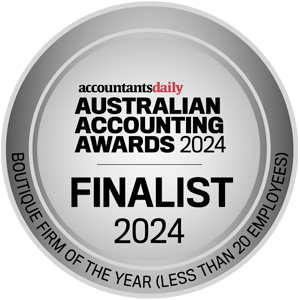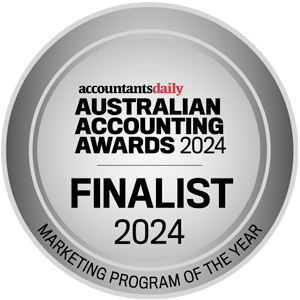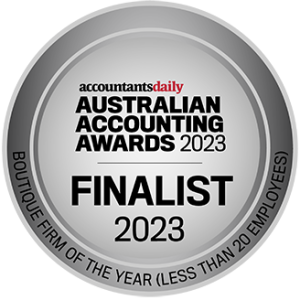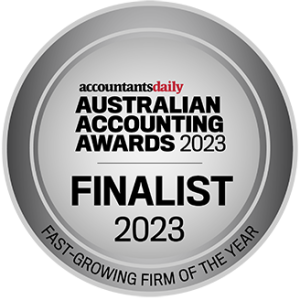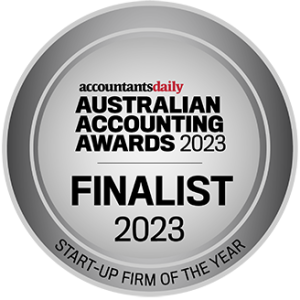
Organisations seeking or already having Deductible Gift Recipient (DGR) status should ensure they have sound accounting processes, as reforms aimed at strengthening DGR administration and oversight come into play.
In late 2023, the Australian Government’s Productivity Commission released its ‘Future foundations for giving Draft report’ as part of its inquiry into philanthropy. The follow-up report is due in 2024.
The inquiry into philanthropy has identified DGR status as a key proposed area for reform of philanthropic management, as we highlighted in our January 2024 article.
ACNC recommendations
The Australian Charities and Not-for-profits Commission (ACNC) addressed non-compliance issues in the Commissioner’s March 2024 column, ‘With Charity Status Comes the Need For Accountability’, with links to a summary of their extensive Reviews of DGR-endorsed Charities.
Administrative issues noted in the overall outcomes of the ACNC reviews included:
- Governing documents that are inadequate or missing
- Failure to meet the number of Responsible People required according to the charity’s legal structure
- Extra subtype registrations that did not appear to be connected to the charity’s purpose.
The ACNC recommends that charities take actions to avoid administration issues, including:
- Maintain entitlement to registration
- Update your charity’s information as it appears on the Charity Register
- Submit your charity’s Annual Information Statement on time.
ATO recommendations
With ongoing reforms to the NFP sector, the need for good records and transparent accounting processes is increasing. The ATO advises that NFPs prepare their organisations to enhance their transparency and integrity.
From 14 December 2021 Australian government legislation has required all non-government DGRs to register as a charity (with the only exceptions being for ancillary funds or DGRs specifically listed in tax law). Any previously issued extensions of time to meet the new requirements will close by 14 December 2025.
The ATO has revoked the DGR status of organisations that did not register as a charity by the required time.
Reducing DGR complexity
To reduce DGR complexity, the ATO is continuing to make the application process for organisations seeking DGR status simpler.
Since 1 January 2024 the remaining four unique categories of the 52 general DGR categories (as per Division 30 of the Income Tax Assessment Act 1997) have been transferred to the ATO for administration purposes.
The Productivity Commission has also made a point of highlighting the complexity involved in becoming a DGR, and there may be more reforms in the future. Until the process become easier, your organisation may need accounting or legal advice in navigating the system.
Currently there are different online tools that could also help with your understanding of DGR status and compliance.
These include:
- Justice Connect – The DGR tool can help you work out if your organisation is eligible for DGR endorsement and the relevant DGR category.
- ACNC – a self-assessment tool can help DGR-endorsed charities check if they are complying with the ACNC’s key registration requirements.
Charity status is the first step. So if your charity is yet to obtain DGR status, start by applying to the ACNC and indicating on your form that you are seeking DGR status.
How Next Dimension Accounting can help
Next Dimension Accounting provides services to assist with your DGR requirements, including:
- The appropriate issuing of tax receipts
- Acting as your Agent when dealing with the ACNC
- Ensuring your information on the ACNC Charity Register is up to date
- Ensuring your ACNC Annual Information Statement is lodged on time
- Providing the right advice and technology recommendations to keep track of your compliance requirements.
Have your activities moved away from their original mission?
It is also recommended that you do an annual check-up of your DGR status.
A particular problem with DGR status is that over time, a charity evolves, and its activities can move further away from the original mission and, therefore, may not be aligned with its registered charitable purpose.
Use your annual DGR self-check to ensure that your charity’s activities have remained consistent with the purpose statement you submitted for your DGR endorsement.
Sound accounting and internal processes for DGR will improve your organisation’s integrity and transparency, ensure compliance with ACNC and ATO measures, and support the common goal of increasing public trust and confidence in the charity sector.
Get in touch with our team to find out more.


